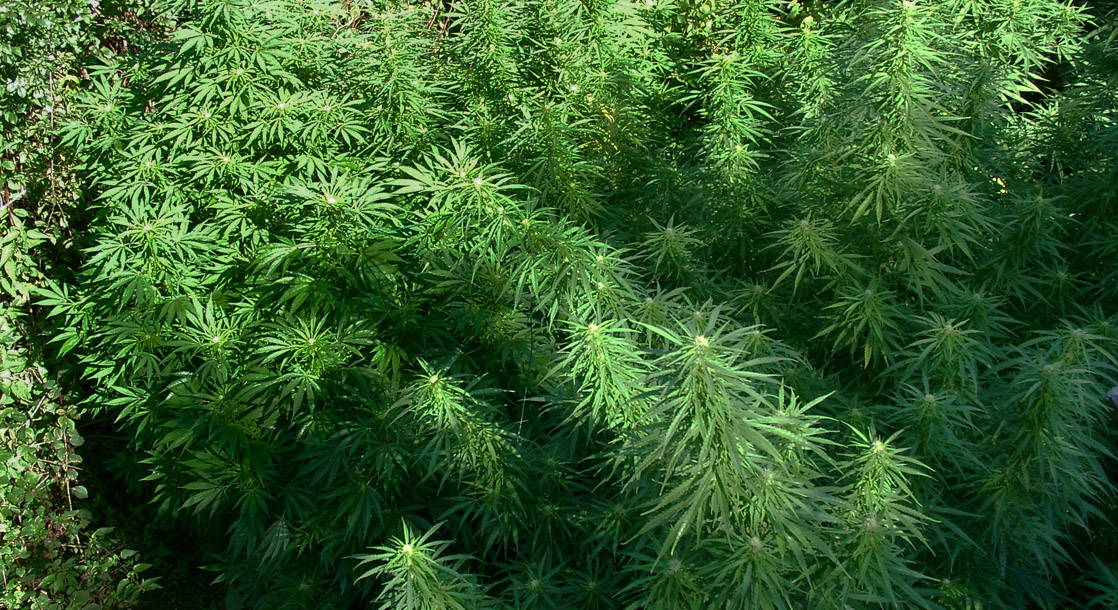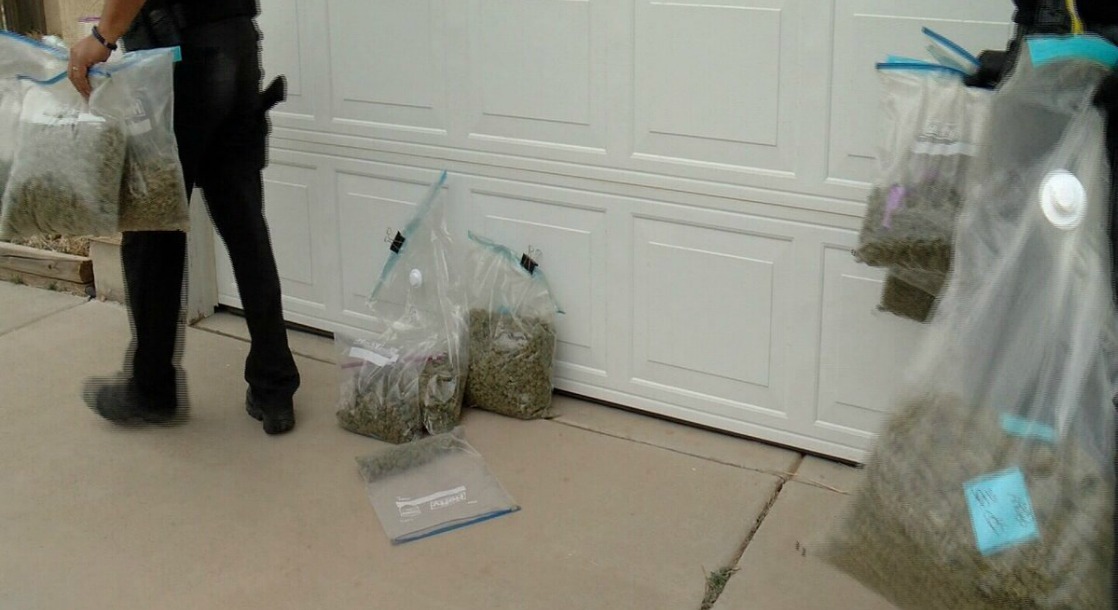American manufacturers are finally catching on to hemp as a sustainable source of raw materials.
Last week, North Carolina’s Governor Roy Cooper announced Raleigh-based BioPhil Natural Fibers, a company which produces raw industrial materials from hemp, would establish a new manufacturing facility in Pemberton.
The new facility is being built on a $10.9 million investment, and will span nearly 91,000 square feet. The company currently operates a hemp manufacturing facility in Pennsylvania, the Robesonian reported.
The Pemberton facility is expected to create 41 full-time jobs in the area, paying out to the tune of roughly $40,000 annually per employee. That salary is about 7% higher than the average in Robeson County, where Pemberton is located.
“North Carolina is the perfect place for BioPhil as our economy is deeply rooted in agriculture and manufacturing,” Gov. Cooper said last Wednesday. “With their commitment to sustainability and renewables, we believe this company will find great success in Robeson County.”
While the vast majority of hemp operations in the US produce crops for extracting cannabidiol, or CBD, BioPhil is looking at creating other, far more durable — and lucrative — products. Instead of hemp’s oil, BioPhil will process the plant’s stalks into fiber and hurd, which can be made into a variety of everyday items such as filters, insulation, textile fabrics, biofuels, and even construction materials.
The company isn’t just on a mission to make money, either. It’s on a mission to help create a more environmentally sustainable world, too. Many of the fibers commonly used in today’s industrial products come from plastic polymers. Think polyester in fast fashion, a fiber made from the same plastic as soda bottles. Or face masks, which exploded in popularity during the Covid pandemic, which are also made with enviromentally problematic plastic fibers.
The problem with making common, disposable products from plastic fibers is that when they become waste, they stay in the environment for, well, practically forever. Most plastics don’t biodegrade into the soil or oceans, which has led to a floating island of plastic in the Pacific Ocean that’s nearly three times the size of France.
Plastics trapped in landfills and soil also leak micro- and nanoplastics, which dissipate into water systems and have been detected on every inch of the planet, even as far as the North Pole.
Additionally, evidence is mounting that microplastics transfer from the soil, into the food chain, and, ultimately, our own bodies. Scientists still don’t know the long-lasting effects of microplastics swimming in our blood for months or even years. However, some plastics can release chemicals which mimic our natural hormones, and could increase our risk of developing fatal ailments such as heart attacks or cancer.
Hemp, on the other hand, naturally biodegrades. It essentially breaks down into nutrients which feed plants and microorganisms. In fact, sustainable hemp-fiber products can be composted to fertilize hemp farms, creating a circular economy with minimal waste and maximum returns.
And Gov. Cooper isn’t the only North Carolina official excited about BioPhil’s new facility, either.
“BioPhil is joining North Carolina’s large supply chain for textiles and nonwoven manufacturing,” said the state’s Commerce Secretary Machelle Baker Sanders. “Together, our unique research partnerships and networks help support North Carolina in achieving top rankings for businesses across all industries.”
On top of generating renewable hemp fibers for American manufacturing, BioPhil will also partner with Okom Wrks Labs at the Pemberton facility. Okm Wrks Labs is a company developing novel, innovative materials from fungi, which are known as structural mycelium composites. The two companies will be co-developing fungi-based materials for making renewable imitation leather, insulating wall panels, and plastic-free packaging foam.
Now that four years have passed since the US government legalized hemp nationwide, it’s time US companies begin utilizing this plant to its full potential. BioPhil is not the only hemp company creating sustainable and renewable materials from the plant’s fibers, either. Other companies are also using hemp to make insulation, a concrete substitute called hempcrete, sports equipment, and car parts.
Cover image via











